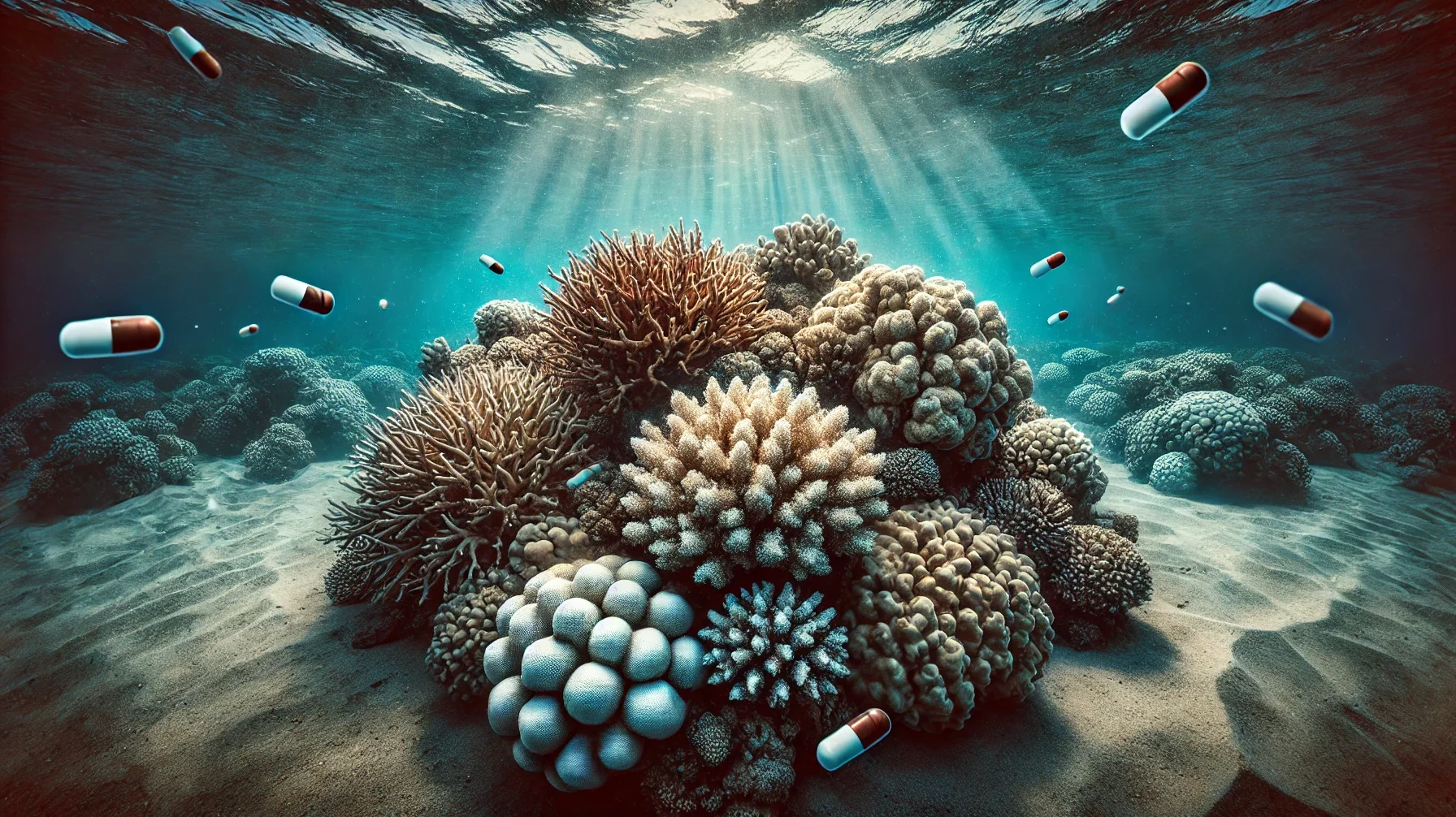Israeli Study Finds Traces of Drugs in Red Sea Corals
Scientists from Tel Aviv University have identified traces of 10 widely used pharmaceuticals in corals within the Red Sea’s Gulf of Aqaba, known in Israel as the Gulf of Eilat. The findings, announced on Wednesday, highlight growing concerns about the impact of human drugs on marine ecosystems. The study, published in Environmental Pollution, detected drugs such as antibiotics, laxatives, blood pressure medications, and antidepressants in coral tissues.
The research team analyzed 96 corals from two types of stony corals, Acropora and Favites, across different depths—shallow waters of 5 to 12 meters and deeper waters at 30 to 40 meters. They found sulfamethoxazole, an antibiotic used for treating infections such as bacterial bronchitis and urinary tract infections, in 93% of the samples.
Give the gift of hope
We practice what we preach:
accurate, fearless journalism. But we can't do it alone.
- On the ground in Gaza, Syria, Israel, Egypt, Pakistan, and more
- Our program trained more than 100 journalists
- Calling out fake news and reporting real facts
- On the ground in Gaza, Syria, Israel, Egypt, Pakistan, and more
- Our program trained more than 100 journalists
- Calling out fake news and reporting real facts
Join us.
Support The Media Line. Save democracy.


Previous research suggests that exposure to human pharmaceuticals can negatively affect marine life, potentially disrupting reproductive systems, increasing aggression, and impairing memory and learning in sea creatures. The presence of these drugs in coral reefs, which are crucial for supporting marine biodiversity, raises alarm. Coral reefs not only provide habitats and breeding grounds for numerous species but also sustain human livelihoods through fishing and tourism.
The researchers called for improved methods to treat wastewater and safely dispose of unused medications. They cautioned that improper disposal allows drugs to enter wastewater systems, eventually contaminating marine life and possibly posing risks to humans through the consumption of affected fish.

